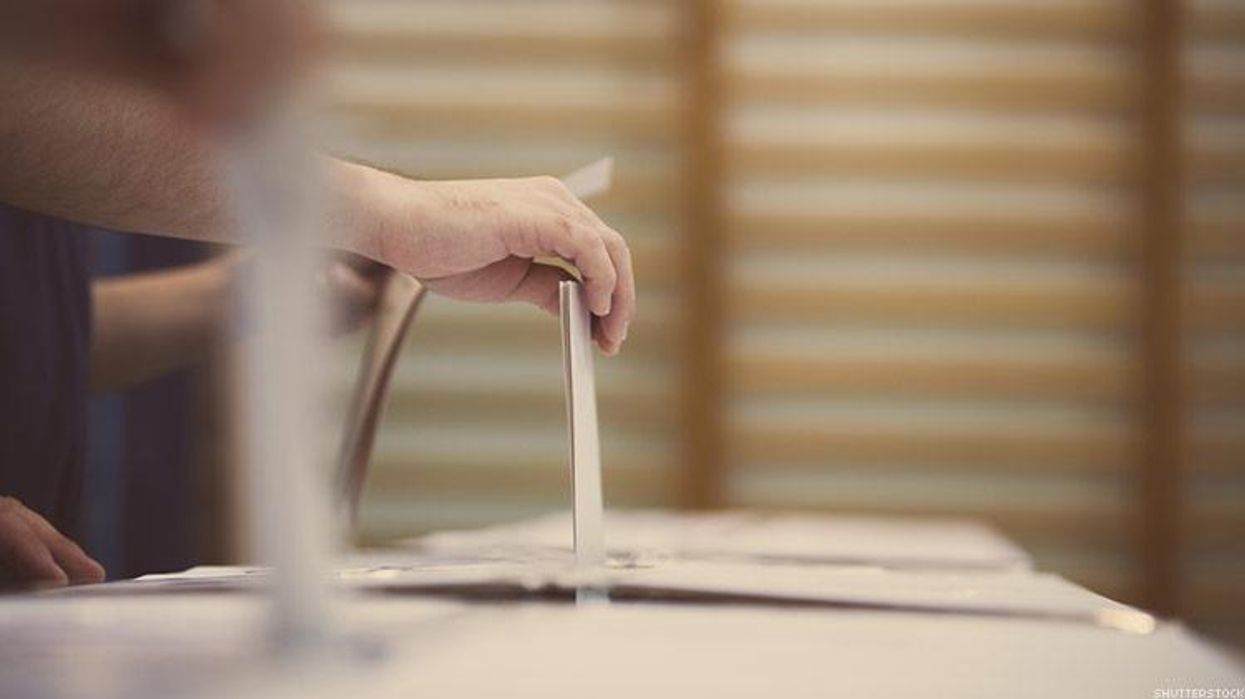Transgender
78,300 Trans Citizens May Be Prevented From Voting in Midterms

Strict voter ID laws might restrict trans people from being part of the political process.
August 09 2018 1:07 PM EST
By continuing to use our site, you agree to our Privacy Policy and Terms of Use.

Strict voter ID laws might restrict trans people from being part of the political process.
About 78,000 transgender people without identification or documentation that accurately reflects their gender are at risk of losing their ability to cast ballots in states with strict voter-identification laws, reports the Williams Institute at the UCLA School of Law.
Eight states require voters to provide a government-issued photo ID at polling places, where poll workers decide whether that identification photo accurately matches the information in registration roles. This could prevent trans citizens from voting in Alabama, Georgia, Indiana, Kansas, Mississippi, Tennessee, Virginia, and Wisconsin.
Having identification documents that do not reflect a transgender person's gender or name could cause poll workers to dismiss them from voting.
"Transgender people who have transitioned often face substantial challenges to obtaining accurate identification," said lead author Jody L. Herman, a public policy scholar at the Williams Institute. "Requirements for updating the name and gender on official IDs that could be used for voting vary widely by state and federal agency, and the process can be difficult and expensive."
The most vulnerable members of the trans community are likely to face the highest barriers to voting in the upcoming midterms election. Trans people of color, young adults, students, and those with low incomes and disabilities are at risk to be disenfranchised in November, according to the Williams Institute.
"Strict voter ID laws could deny thousands of citizens who would otherwise be eligible to vote an opportunity to participate in the democratic process and have their voices heard at the ballot box," said Herman. "Lawmakers, election officials and government agencies must work to ensure that transgender people have equal access to vote."
Charlie Kirk DID say stoning gay people was the 'perfect law' — and these other heinous quotes